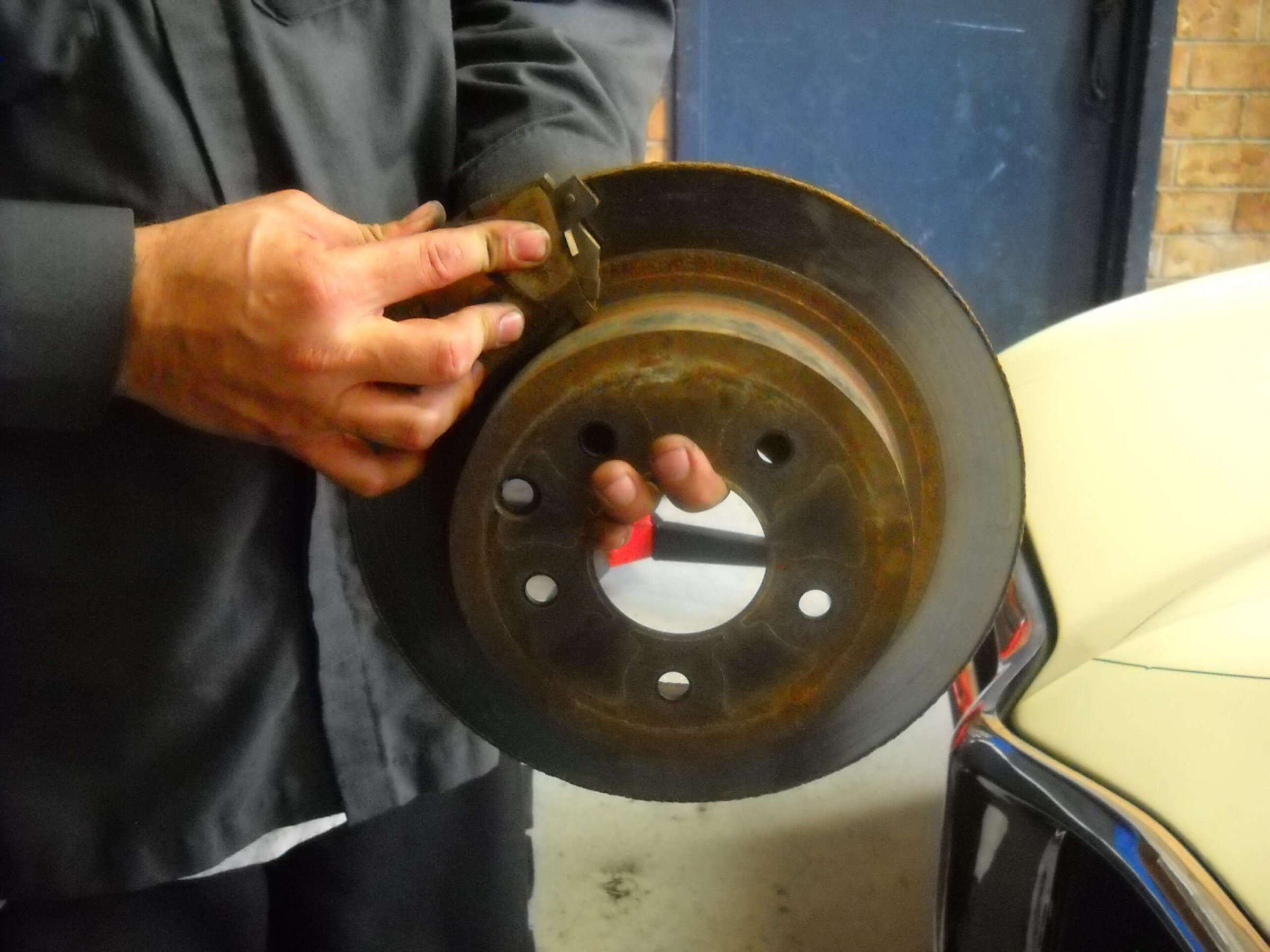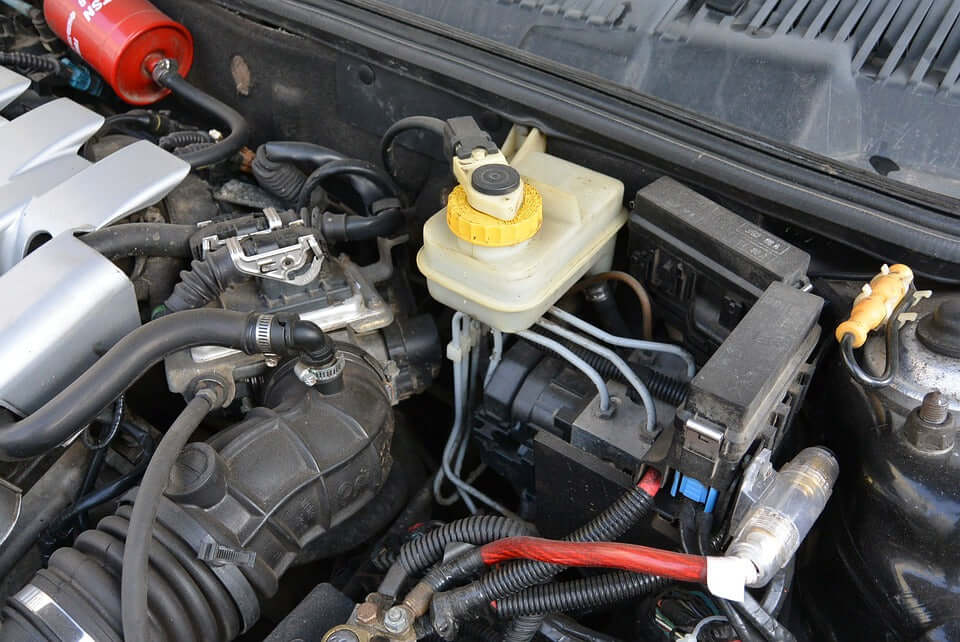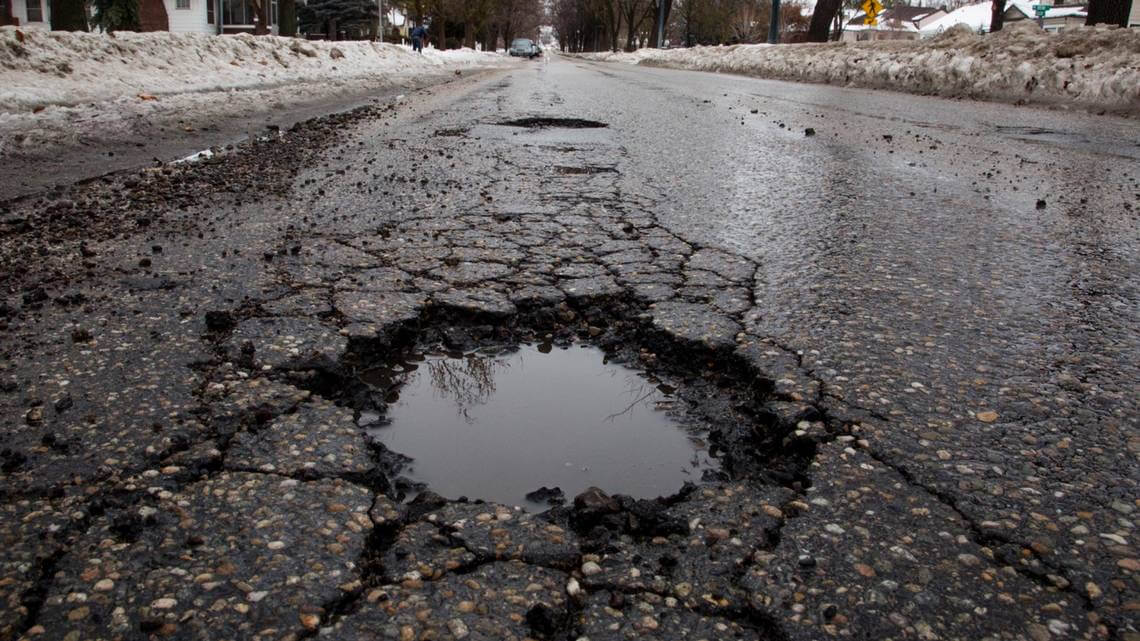The best way to determine if your brakes are up to snuff is to have them inspected by a professional. It’s quicker, easier and less expensive than you may think and there is simply no substitute. However, for whatever reason it’s not always easy or even possible to get an inspection. Chances are, you’re reading this guide because you’re concerned about your brakes. You probably came to that conclusion because you sensed that something might be wrong. Follow those instincts. This guide will help you look for signs of trouble in your brakes.
1. How does it feel?
Try to envision what your brakes were like when they were new. Are you having to use more force to stop the car? Does it take longer to stop in general? Does the brake pedal feel mushy? If so, it’s probably time for some maintenance or replacement. This should be your first point of inspection. If anything feels like it’s not working how it should, it probably isn’t.
2. Follow your nose
If you’ve smelled burning brakes before you’ll recognize it in an instant. It has a distinct burned chemical smell, almost like singed carpet. This smell happens because your worn-down brakes are generating too much friction. This friction causes your brakes and rotors to get so hot it burns your brake fluids and any other greases in the assembly. Needless to say, this can be quite damaging to more than just the brakes themselves.
3. What’s that sound?
There is a distinct screech that brakes make when they are worn down or malfunctioning. It is ear-piercing and can be heard from hundreds of yards away. You will certainly notice it when it comes. This sound almost certainly indicates a problem. It is caused by direct metal-to-metal contact between the brakes and the rotors. This can cause severe damage to the rotors and the brakes themselves. Fortunately it usually just requires new brake pads to be fixed.
4. Got the jitters?
If you’re driving on a flat surface and apply braking pressure, does it stop smoothly? Or does it feel likeyou’re grinding or pulsing against the rotors. When this happens it will cause the pedal or the steering wheel in your car to vibrate. If this sounds familiar to you, it’s time to get it checked out.
5. Been a while?
Maybe you haven’t noticed any obvious signs of brake failure, but it has been a long time since you’ve had them inspected. All cars are different, but in general you should be getting yours checked every 25,000 miles. They are the primary safety feature on your vehicle. You should be able to have them inspected at many places near you. It is well worth the money, if for nothing else other than peace of mind. Good components save lives. Get your brakes checked and buy quality parts. Stay tuned to the Strutmasters blog for more car care and safety tips.




